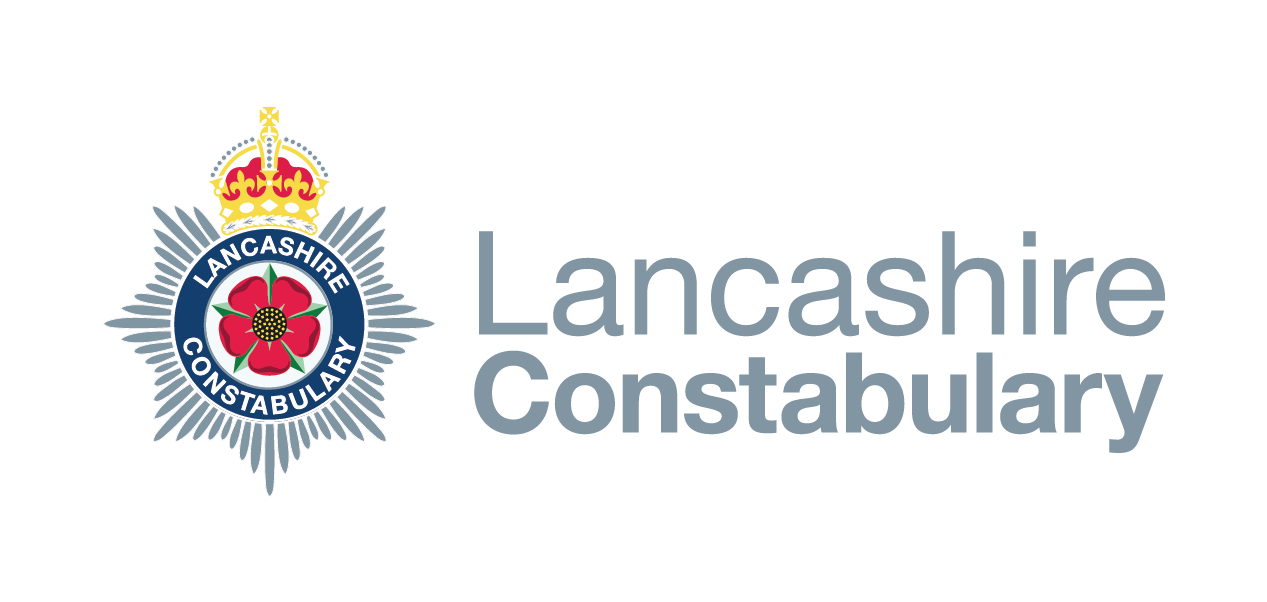I have found a dead animal, what should I do?
If you have come across a dead animal we would advise that you do not touch or move the animal as you don't know the circumstances of the death and you might be putting your health at risk.
Traffic Hazards
If the animal is in the middle of a road or highway and is a potential danger to traffic please contact the police by telephone on 101.
Farm Animals / Livestock
If you come across dead farm animals or livestock you should notify the owners in the first instance, this will usually be the farmer on who's land the animal is. If they have rented that land to a tenant they will be able to inform them.
Dead Animals In Public Places
Your local council will arrange for the removal of dead animals in public places. They can be contacted via their website:
- Blackburn with Darwen Unitary Authority
- Blackpool Unitary Authority
- Burnley Borough Council
- Chorley Borough Council
- Fylde Borough Council
- Hyndburn Borough Council
- Lancaster City Council
- Pendle Borough Council
- Preston City Council
- Ribble Valley Borough Council
- Rossendale Borough Council
- South Ribble Borough Council
- West Lancashire District Council
- Wyre Borough Council
Badgers
Sadly the only time most people have ever seen a badger is at the side of the road. Reporting this can help the Lancashire Badger Group to help badgers by giving them an indication of where there might be setts.
If you spot a dead badger on the road please report it to them using their RTC form.
If you can, and feel comfortable doing so it would also help them to know if there are any suspicious injuries, however, please take care not to put yourself at any risk on the road. If the badger is in the road, please do not attempt to check it or move it, leave that to the police as above.
What to do if you find a dead wild animal that you believe has been poisoned
Please contact the police by telephone on 101 if you have found any dead animal and poisoning is suspected.
If you find a mammal that you believe has been poisoned:
- Do not touch the dead animal or the bait as poisons can impregnate the skin
- Make a note of its location and anything else that is around or near the animal
- Cover and mark the spot and report suspected incidents to Pesticide Safety Directorate (PSD) telephone 0800 321600 (calls are free).
Wildlife Incident Investigation Scheme (WIIS)
The Wildlife Incident Investigation Scheme (WIIS) investigates the deaths of wildlife, including beneficial insects and some pests, throughout the UK where there is evidence that pesticide poisoning may be involved. The Scheme is used to monitor pesticide use after approval, so that product approvals can be revised if necessary. It also provides a measure of the success of the pesticide registration process, and helps in the verification and improvement of the risk assessments made in this process. WIIS has a long association with the Wildlife Incident Unit at the Central Science Laboratory (CSL). They use their expertise to analyse a variety of animal tissues, including gut contents, vomit, faeces, blood, urine, liver, kidney and lung. Evidence from the Scheme can also be used to enforce legislation on the use of pesticides and the protection of humans, food, the environment and animals.
Natural England (NE) Wildlife Advisers operate the Wildlife Incident Investigation Scheme (WIIS) and are trained to deal with all such cases. The scheme is run by the Pesticide Safety Directorate (PSD), an executive agency of Defra. Wildlife Advisers are authorised to undertake certain functions such as accessing land and taking of samples, and will maintain the continuity of evidence and can arrange for forensic analysis for pesticides. Natural England is keen to work in partnership with the police and to advise or assist as appropriate. Natural England is a Non-Departmental Public Body of Defra.
If you have spoken to any of the above organisations and reported the poisoning to them, please advise our Contact Management staff or a Wildlife Crime Officer.

